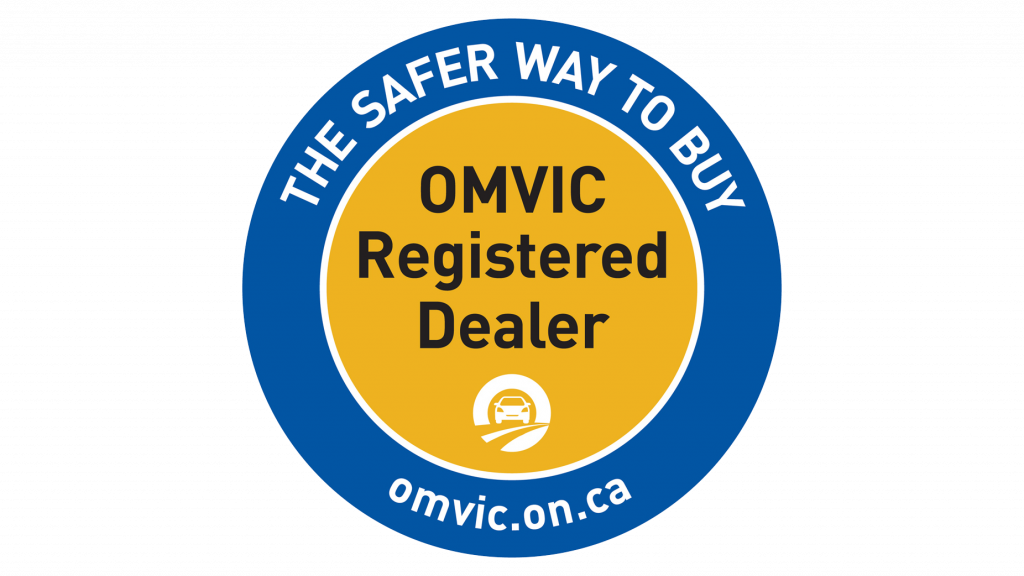As you begin your vehicle-buying journey, whether it’s for a car, truck or even a motorcycle, it’s imperative to understand the costs associated with your vehicle. As the government regulator of motor vehicle sales, the Ontario Motor Vehicle Industry Council (OMVIC) works to educate car buyers to ensure you are confident and informed about your purchase.
During the buying process, it’s essential to note that the advertised price of a motor vehicle should include all fees and charges the dealer intends to collect, except for HST and licencing fees. This is what’s known as all-in price advertising. It’s important to factor in these two additional costs when assessing the total expense of your vehicle.


A basic cost breakdown
So, for a vehicle priced at $60,000:
HST: $60,000 x 0.13 = $7,800
Licensing: This cost can vary, but for estimation purposes, let’s say it’s $200.
Total cost before financing: $60,000 + $7,800 + $200 = $68,000
Because many consumers are not in a position to pay for the entire vehicle up front, most buyers must consider financing options to purchase their vehicle. More and more are electing to take out a longer loan term to help reduce the monthly payments for the vehicle.
It is, however, essential to understand the impact on taking on an extended loan term.
For example, a $60,000 vehicle financed over seven years at an estimated interest rate of 6.5 per cent would result in a monthly payment of approximately $972.67 and a total payment of approximately $81,702.28 over the loan term, which exceeds the vehicle’s actual cost by over $20,000. While longer loan terms may seem appealing due to lower monthly payments, they often result in paying more in interest over time and can lead to negative equity.
Negative equity
Negative equity is another factor to consider when considering your financing options and arises when the amount owed on the vehicle exceeds its value, primarily due to factors like extended loan terms and rapid depreciation. Opting for an 84-month loan may expose car buyers to negative equity in the future, where the vehicle’s value depreciates more rapidly than the loan amount, leaving the owner owing more than the vehicle is worth.
If you plan to keep the vehicle for an extended period, depreciation may not pose an issue initially. However, if your needs or desires change and you decide to trade in the vehicle before the loan is fully paid off, you may encounter negative equity. This occurs when the trade-in value of your vehicle is less than the remaining loan balance, leading to additional costs.
Considerations when purchasing a vehicle:
- Evaluate your driving habits.
- Higher mileage can accelerate depreciation and impact trade-in value.
- Extended loan terms may impact your next purchase if you have to wait for the current vehicle is paid off.
- Assess the duration you intend to keep the vehicle.
- Ensure it aligns with the loan term.
- Understand the depreciation rate of the vehicle
- rapid depreciation as a result of the make and model, wear and tear and market demand combined with short ownership periods may not be conducive to taking on a long-term loan.
- Frequent trading for newer vehicles can initiate a financing cycle,
- Leading to successive loans and potential negative equity.
- It’s important to note that in the event of an insurance claim, insurers only cover the vehicle’s value, excluding negative equity.
The allure of lower monthly payments through extended loan terms may obscure the long-term financial implications, potentially leading to negative equity and inflated costs. In your journey towards vehicle ownership, be sure to consult OMVIC’s car-buying resources to guide you towards a transaction that’s not just a purchase but a sound investment in your future. Visit OMVIC’s website and embark on your vehicle-buying journey with confidence and clarity. Your informed decisions today pave the way for a brighter automotive future tomorrow.
